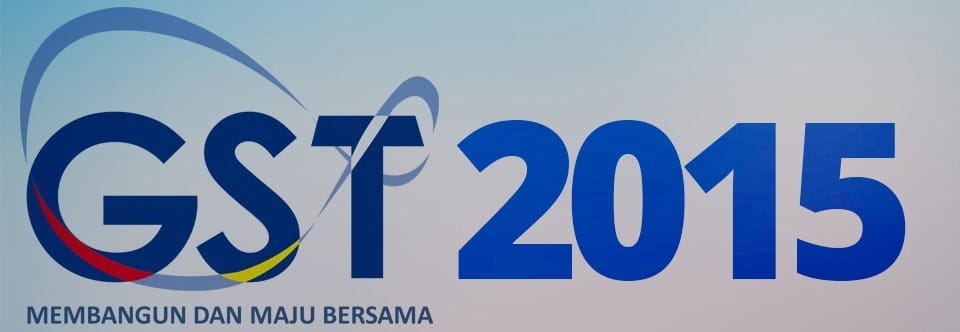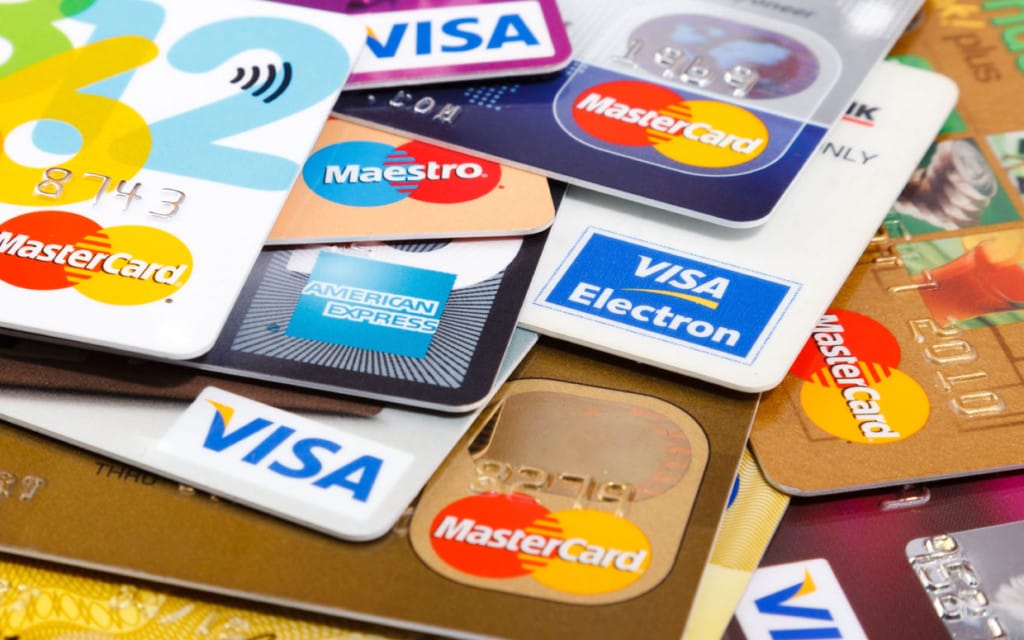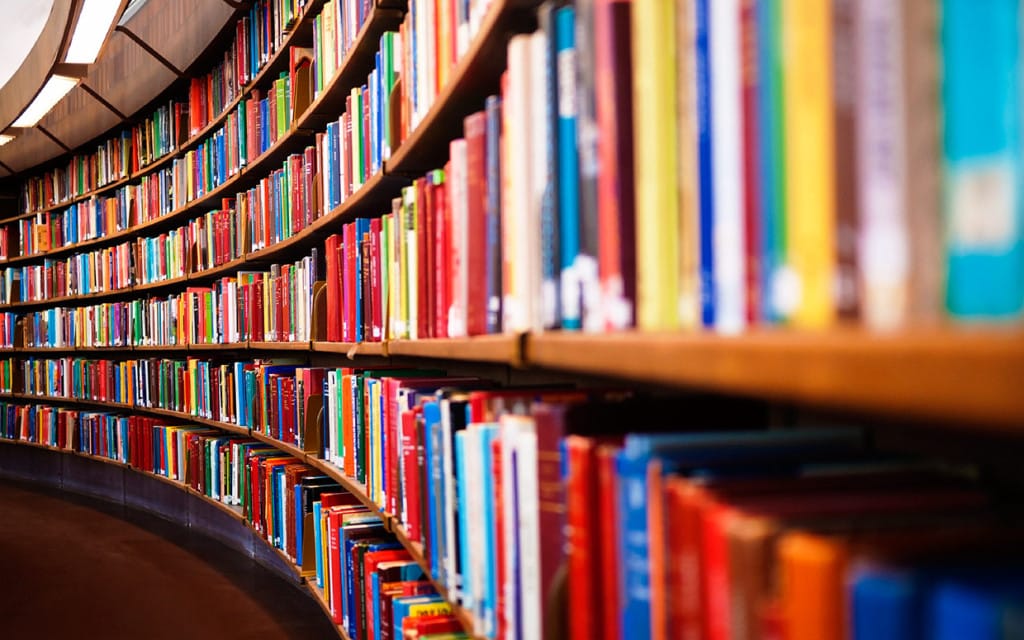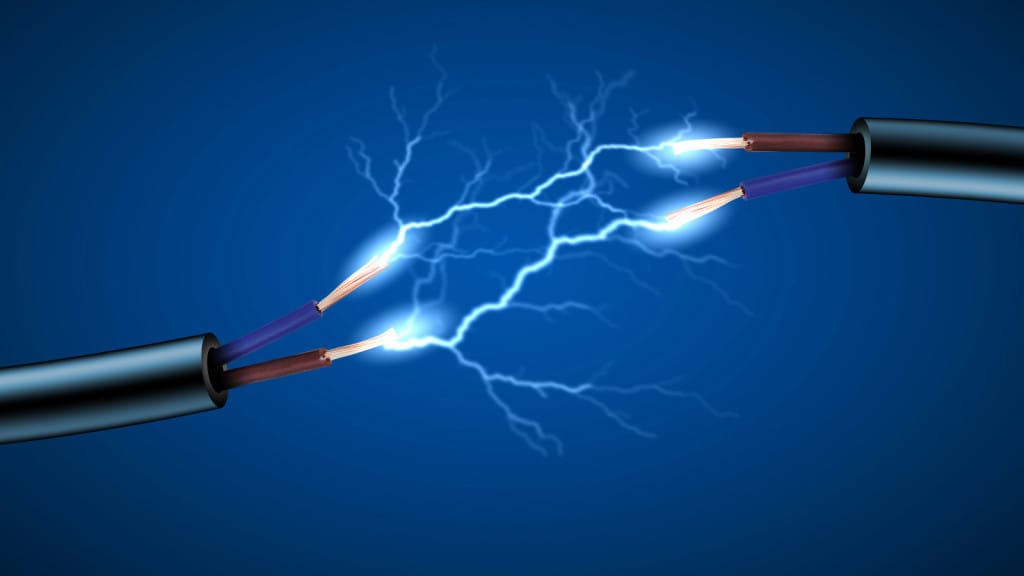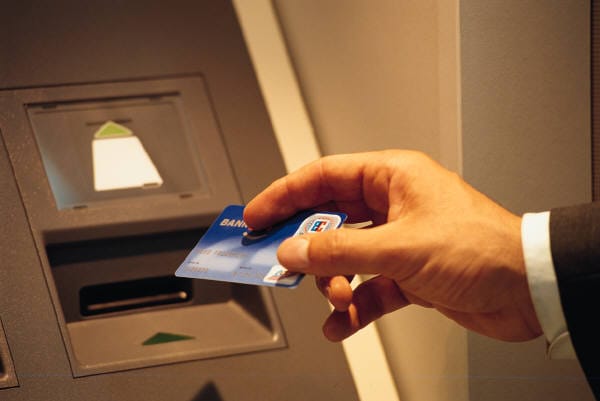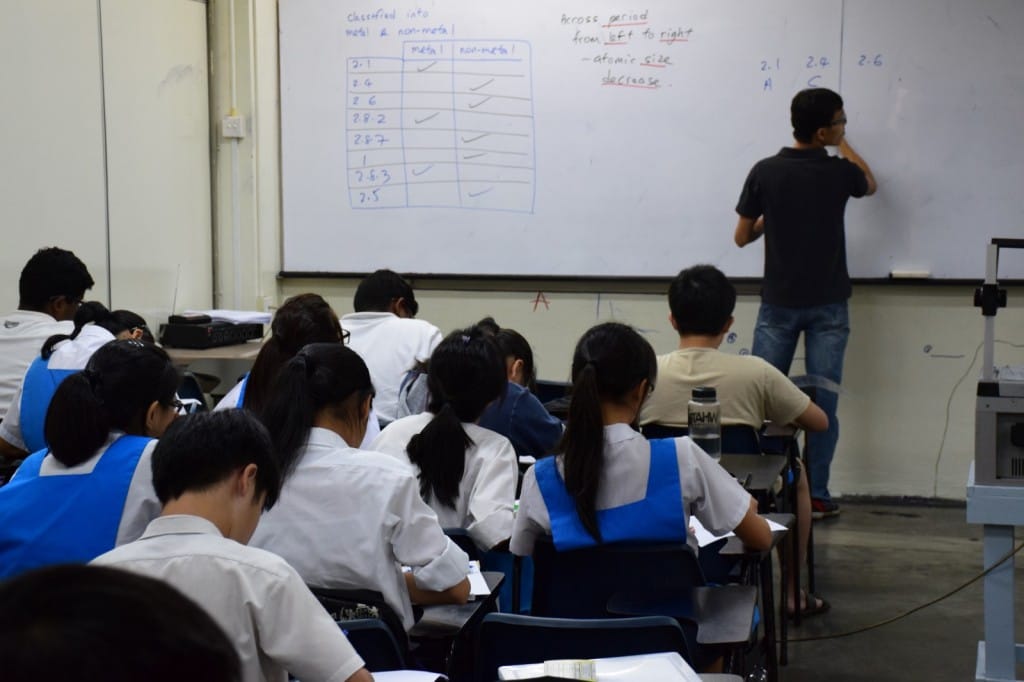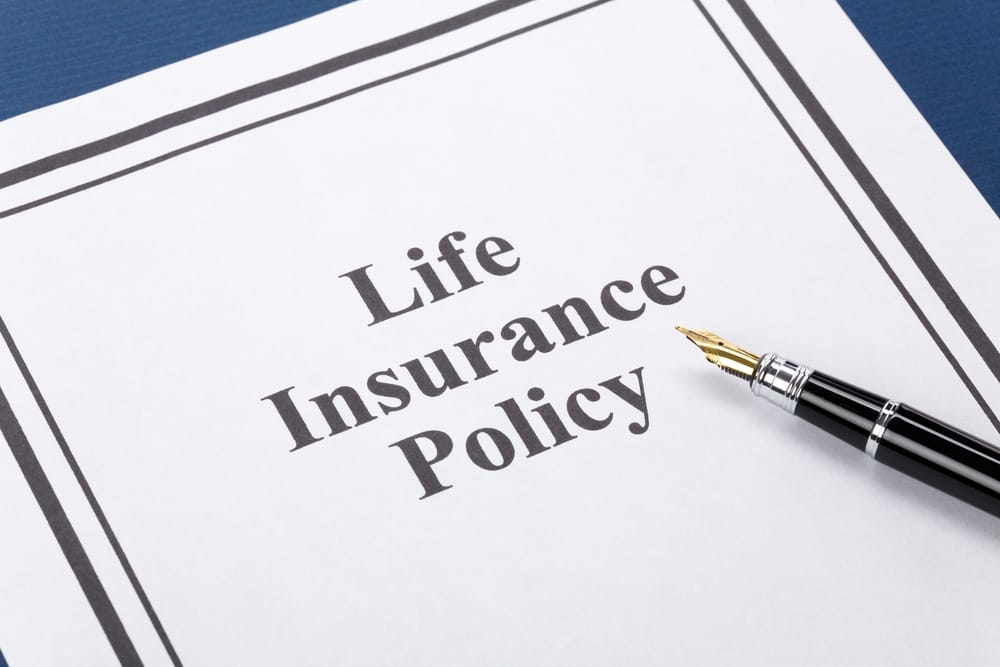What you need to know regarding GST Malaysia? (Based on each category)
The Goods and Services Tax (GST) will be implemented by the government which will be in effect on April 1st, 2015. The GST rate will be fixed at 6% and it will be the replacement of the current 10% sales tax as well as the 6% service tax. Based on the GST taxation system, it can be said that most of the goods and services excluding the basic necessities (sugar, salt, rice, cooking oil and so on) will be charged at every stage of the basic supply chain, which means that the ones which were not charged under the Sales and Service Tax, will be charged once the GST is implemented. This basically means that we as Malaysian consumers will most likely be paying more Ringgit for the purchasing and usage of all these goods and services, in which most of them were not taxed previously.
1. Credit Card
For credit card users, the consumers have to know that the current RM50 government tax which is charged annually on all credit cards as well as the RM25 supplementary cards will be removed on the 1st of April 2015, when the Goods and Service Tax is implemented. The replacement for this will be the 6% GST in which it will be applied on the annual fee of the credit card, and this can range from the minimum of RM70 to RM1,000 or even more, annually also taking into consideration the type of card possessed by the holder.
If the annual fee is waived however, then the GST charges will not be applied, take it into consideration a free-for-life credit card or those who get their annual fees waived those with a stipulated minimum spending or transactions generally on a monthly or yearly basis.
Based on these changes, the GST implemented and charges will be showed or reflected as an entirely separate item in the consumer’s credit card statements. Moreover, the purchases will be seen on the credit card statement as a total amount inclusive of the GST. It can be said that there is some sort of positive experience from this, as then, the loyalty points as well as the cash rebates will be given based on the 6% of the GST paid when customers are using their credit cards for purchasing retail products and goods.
2. Books and e-Books
For the books and e-books, the aforementioned 6% GST tax system will also be implemented on all types of books, excluding books such as dictionaries, newspapers, texts, works, encyclopaedias, references, as well as religious books. Based on all of these, the excluded books will be zero-rated and will not be subjected to the GST taxation system at all.
As for e-books providers and suppliers, it will also be implementing their GST charges, such as local e-book suppliers such as MPH-online and e-sentral in which the GST will be implemented but for foreign firms such as Apple’s iBookstore and Google’s Play in which the GST will not be implemented.
3. Housing
For the housing industry, the GST tax system will also be implemented on the very basic of construction items and materials such as sand, cement, steel and bricks which will be taxed under the aforementioned 6% GST rate for both commercial and residential properties. Currently, all of these raw materials are not taxed under the current existing Sales and Service Tax (SST). One has to take into consideration of the charges imposed on heavy machineries, as once the GST is implemented, then the machineries such as cranes, forklifts and much more will also be taxed come April 1st. Most of the property developers under general circumstances do not buy the said heavy machineries, but mainly rent them from other contractors and then it is normally factored into the overall cost of construction.
It can be said that 45% of the entire construction cost is made up from the consumption of steel, sand and bricks and with these raw materials being implemented with the 6% GST, it can then be said that the cost of constructing a piece of property will obviously be increasing, due to the nature of the taxes. As a result of that, major property companies highly expect that the implementation of the GST will result on the increment of 2.6% on house prices.
Once the GST is implemented on April 1st, the residential property including those who falls under the SoHo (small office/home office) will be exempted from the 6% GST services. However, this only applies for the SoHo category, as commercial properties which comprises of SoFo (small office/flexible office) as well as SoVo (small office/virtual office) will then be subjected to the 6% GST charges.
4. Fuel
For fuel in Malaysia, the GST will only be implemented for RON97 with the 6% GST rate. Other types of fuel such as diesel, RON95 and LPG (liquefied petroleum gas) will not be exempted from the implementation of the GST.
5. Electricity
A household will have a 6% GST rate charged to the electricity bill for usage above 300 units.
6. Used Cars
As of right now, all of the used cars are not subjected to the standard sales and service tax and it also not a GST zero rated article. Based on this, the car industry experts are predicting that the used cars will also be subjected to the extra 6% tax after the GST is implemented in April.
7. Banking Services
In terms of banking services, the GST will also be implemented at its rate of 6%. Currently, the RM1 MEPS fee charges when withdrawing from a different bank’s ATM machine will now increase to RM1.06. However, as usual, no fee will be charged when you are withdrawing from the same bank’s ATM machine. Other services offered by the bank, and this includes money exchange, cheque, credit card, debit card, money transfers (demand draft and cashier’s offer) and telegraphic transfers will also see the increment of 6% GST which will be charged to its services, subscription fee or even its commission.
8. Tuition Fees
As for tuition fees, as tuition centres are not categorized or considered to be an educational institution, the GST will be imposed with an increase of 6% to the current tuition fees.
9. Beauty Services
Services in the beauty industry will also be charged accordingly with the 6%. This includes services such as manicures, hair and facial transplants as well. Moreover, massage services can also be chargeable under GST but that if only the annual turnover for businesses such as mentioned makes RM500,000 and above. Other than that, cosmetics, beauty services and other procedures and services for a person’s skin, hair and body will be imposed with the 6% GST rate.
This however does not mean that these service providers will face an increment in their annual cost, as operators whom are registered to implement the GST will be able to lower their cost by claiming on the input tax credit, implemented for premises rental fees, cost of utilities (electricity) as well as equipment purchased to carry out their daily services. This input taxes refers to the GST whom was paid by businesses on the purchasing of goods and services used to perform their daily operations and businesses.
Other than that, those beauty products in which it is sold at airports as duty-free goods, will not have to be subjected to the GST.
10. Insurance Fees
As for insurance fees, it can be said that all of the insurance policies except for the life insurance will be charged the 6% GST rate, starting on April. The implementation of the GST will significantly impact all of the traditional and investment linked policies in which it has medical, personal accident benefits or critical illness attached to the policy.
For most of the traditional policies, the GST will be imposed through the premium, whereby for investment linked policies, it will be charged based on the insurance charges. Whereby for investment linked policies, the insurance charges will increase with the age of the holder due to the higher insurance charges being applied.
It cannot still be decided on how much the prices will increase, or in some situations, it could potentially decrease. Therefore, it is highly advisable for you to know your exemptions as well as zero-rated items in order to avoid losing out on opportunities in which you could actually be profiteering on the implementation of the GST.
11. Parenthood
For Malaysians whom are parents, there are also many things in which they will have to consider. For those parents with a new-born, they will have to know that many of the products in which they require will also be charged with the GST. This includes products and essentials such as diapers, baby shower and shampoo, baby oil, breast pumps, pacifiers and diaper rash cream will all be implemented with 6% GST charges, with the only goods which will NOT be implemented is that off the infant formula milk.
For parents with toddlers, they will have to know that products and services such as cough syrup, formula milk, childcare services, as well as wet tissue and more basic products, is where the 6% will come into effect. The only product in which the charges will not be implemented is that off the necessities which is rice and oats.
For those with children in preschool or primary/secondary school, parents will have to face the costs of items such as stationery, tuition costs, school bags, school uniform, school shoes and other much needed school supplies. However, services such as childcare fees, public and private school fees, school bus fees as well as food and drinks in school will not have to face the 6% GST charges.
With less than 2 weeks away before the Goods and Service Tax is actually implemented in Malaysia, it is highly recommended that all Malaysians understand how the GST will affect both of our daily and seasonal spending, as it will help us significantly to plan on our spending by also minimizing the negative effects of the GST.
That's all guys! Do leave your comment on your opinion on GST!
P.S Always check out our coupon section to help you save on your GST!

Are You Ready for a Really Spooky Staycation?
on Wed 24th October 2018

7 Smart Ways to Save on your Gym Membership
on Tue 18th July 2017
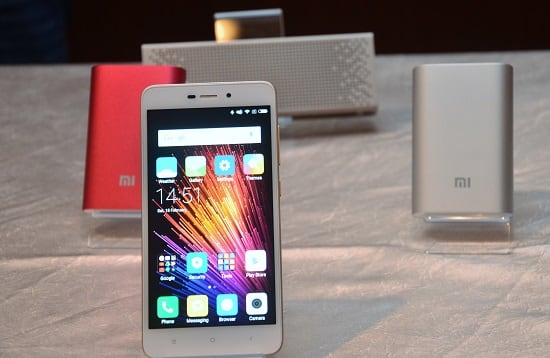
5 Reasons Why We Love the Redmi 4A
on Wed 15th March 2017


